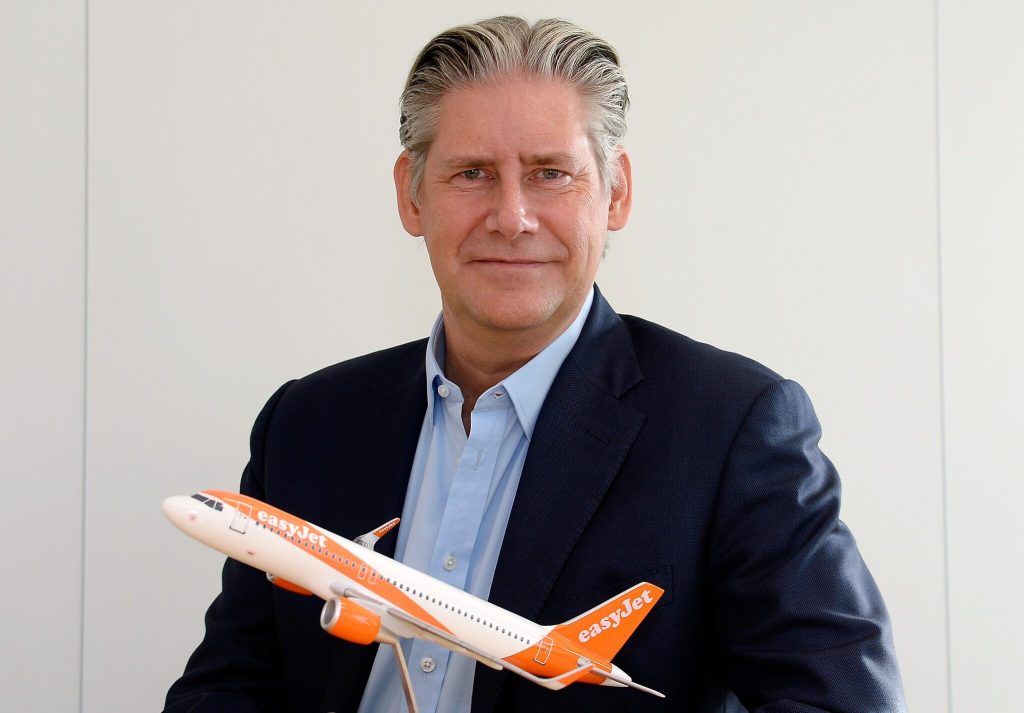Johan Lundgren, the Chief Executive of EasyJet, is stepping down after seven successful years at the helm. During his tenure, he navigated the company through the COVID-19 crisis and oversaw the growth of its profitable easyJet Holidays division. Lundgren’s replacement, Kenton Jarvis, the current CFO of the airline, has already been named to succeed him in early 2025. The transition is being described as an “orderly succession” by EasyJet, with Kenton set to receive an annual salary of £800,000 ($1.01m) in line with the company’s existing policy for its CEO.
Despite Lundgren’s assurance that he will work closely with Jarvis to ensure a smooth handover of responsibilities, the markets were not reassured. EasyJet’s London-listed stock experienced a 5% drop in trading following the announcement of Lundgren’s departure. However, the airline reported a smaller pre-tax loss for the first half of its financial year, a positive sign as it approaches the crucial peak summer season. EasyJet attributed this improvement to targeted capacity growth in strong demand areas, as well as productivity and utilization benefits.
In addition to the leadership change, EasyJet announced the opening of a new base at London Southend Airport in the coming years, representing the airline’s 10th UK base. Lundgren also hinted at the possibility of launching operations at London’s Heathrow Airport in the future. The company’s performance will be closely watched as it continues to capitalize on the recovery of the travel industry post-COVID-19. The airline has positioned itself well for growth, with Lundgren’s successor expected to continue the company’s success.
The airline sector’s stocks within the ST200 index have been under scrutiny, reflecting the financial performance of nearly 200 travel companies worldwide. The index includes network carriers, low-cost carriers, and related companies, giving investors a comprehensive view of the industry’s performance. EasyJet’s performance will be closely monitored within this index as it navigates the changing landscape of the travel sector. Lundgren’s departure may bring some uncertainty to investors initially, but the company’s strong position and leadership succession plan should provide stability moving forward.
Overall, EasyJet’s recent announcements indicate a period of transition and growth for the airline under new leadership. Lundgren’s departure after seven years leaves behind a legacy of success and stability in a challenging industry environment. Under Kenton Jarvis’s leadership, the company is poised to continue its growth trajectory and capitalize on opportunities in the travel sector. As EasyJet looks ahead to the future, it will need to navigate evolving market dynamics and consumer preferences to maintain its position as one of Europe’s leading low-cost carriers.















